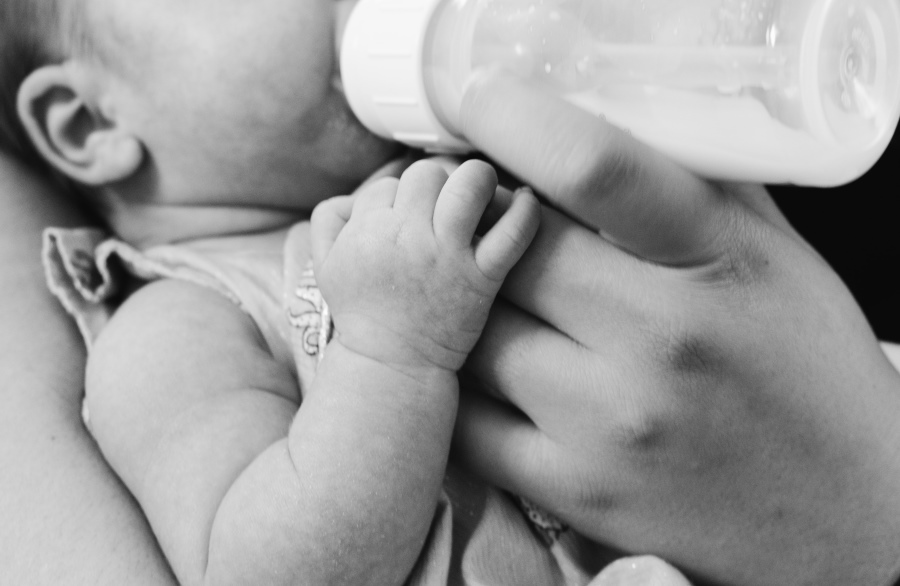AZ, Sanofi get first green light for RSV prophylactic antibody

AstraZeneca and Sanofi have secured approval in the EU for Beyfortus, the first single-dose drug to protect newborns and infants from respiratory syncytial virus (RSV) infections.
The antibody-based drug has been cleared by the European Commission with a broad label, covering both full-term and pre-term babies and those with a range of health conditions that could make them vulnerable to RSV, said the two pharma groups in a statement.
It is the first approval for Beyfortus (nirsevimab) by any regulatory authority. AZ's Synagis (palivizumab) is currently the only approved drug in Europe to provide passive prophylaxis against RSV, but has to be given monthly, whereas nirsevimab can provide protection throughout the several months that comprise the RSV season with a single injection. It is sold by Sobi in the US.
In the MELODY trial, Beyfortus reduced the incidence of medically attended lower respiratory tract infections (LRTI) caused by RSV by 74.5% compared to placebo, while in the MEDLEY study it was at least as effective as Synagis in protecting pre-term infants or those with chronic lung disease (CLD) or congenital heart disease (CHD) from the virus.
The new drug will reach the market ahead of RSV vaccines that are designed to protect newborns in the months after birth by vaccinating expectant mothers, who pass on antibodies against the virus in the womb.
Worldwide, RSV infections lead to more than three million hospitalisations and almost 60,000 deaths in children under five years of age every year, with around half of fatalities in infants less than six months.
Synagis is a former blockbuster – first approved back in 1998 – and is still making solid sales despite losing patent protection, with AZ booking $410 million from the drug last year. However, revenues from the antibody are expected to drop sharply once Beyfortus and vaccines for RSV prevention enter the market.
Opinions differ on the commercial potential for Beyfortus, especially now that Pfizer's RSV vaccine is on the brink of being submitted for approval both for expectant mothers and older adults, who can also become very sick from RSV.
Pfizer's pivotal trial of the shot for maternal immunisation wasn't a home run, however – hitting just one of two primary endpoints – which could hand an advantage to AZ and Sanofi, helped by its all-comer label.
GlobalData has high hopes for Beyfortus – predicting peak annual sales of $3 billion by 2030 – although Evaluate analysts are more conservative with an estimate of $700 million by 2026.
AZ and Sanofi say they hope to launch the antibody next autumn, in time for the 2023/24 RSV season.
Sanofi bought into the nirsevimab programme in 2017, paying $645 million for marketing rights to the antibody, with AZ retaining the responsibility for developing and manufacturing it. Sobi also has an interest in the new drug as part of its 2019 agreement with AZ over Synagis.












